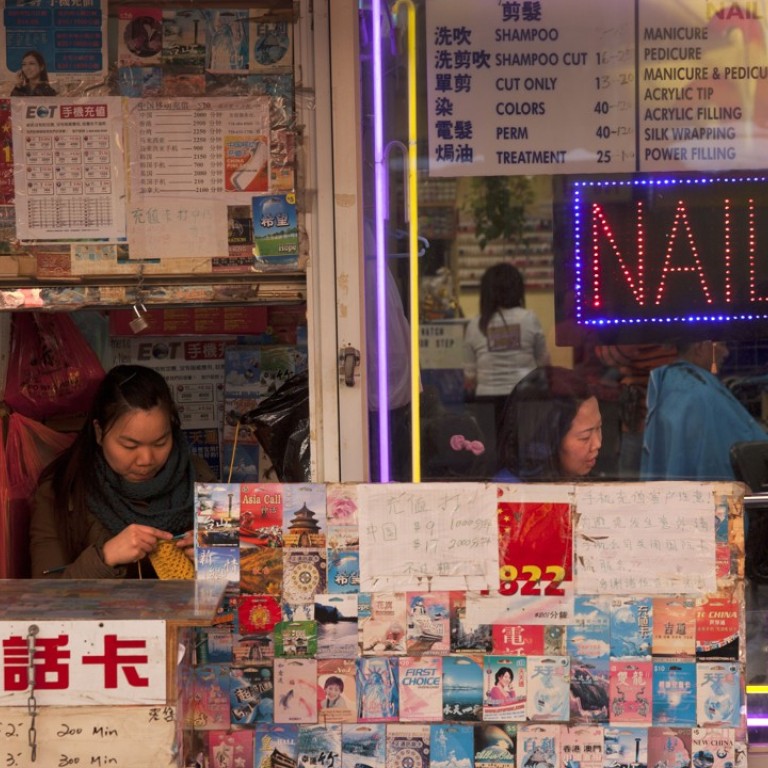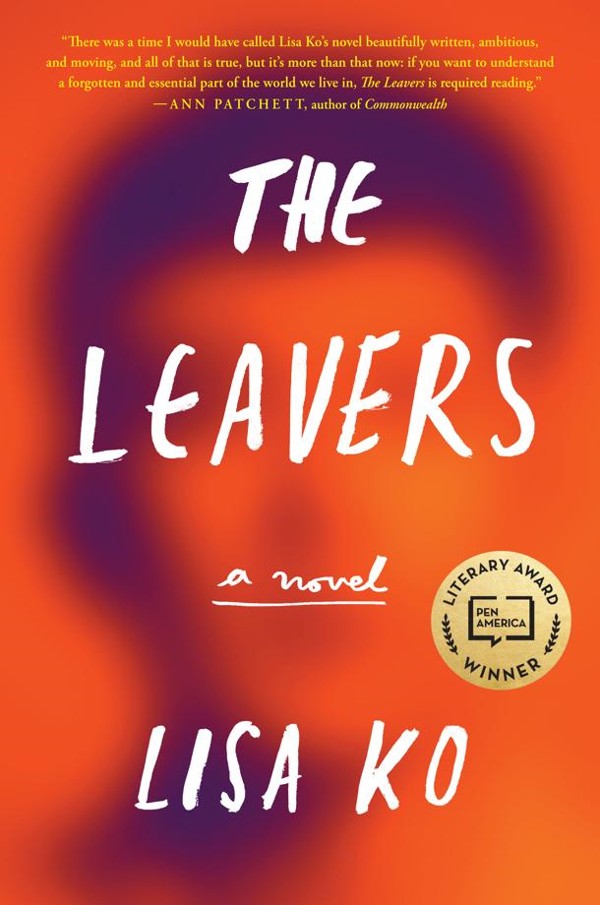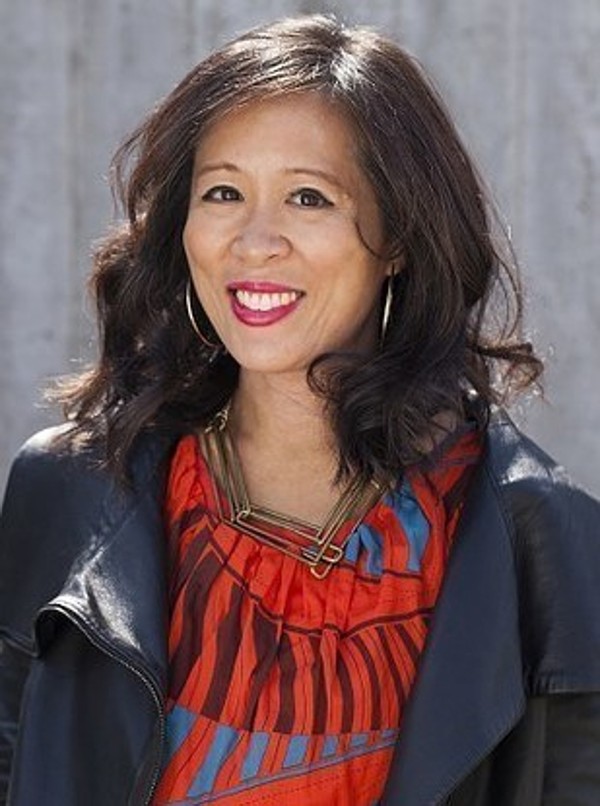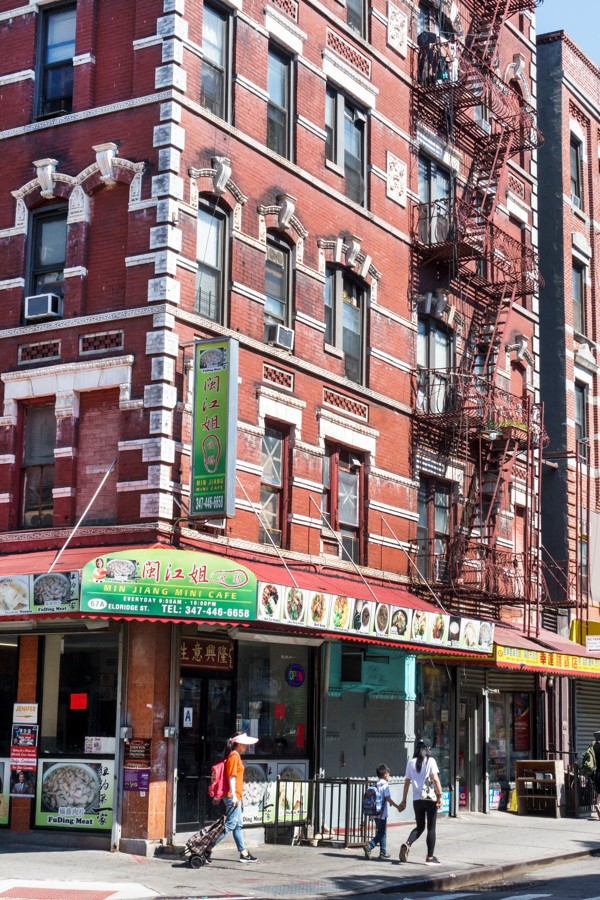
Review | Lisa Ko’s emotive debut novel The Leavers explores heartbreak and identity in two Americas
The Leavers follows a Chinese-American in search of his roots and the mother who abandoned him 10 years earlier, as it moves between the Bronx and upstate New York

by Lisa Ko
Algonquin Books
Tough love runs through The Leavers, Lisa Ko’s funny and touching but also painfully hard-hitting debut novel. It begins with 11-year-old Deming Gao walking home from school in the Bronx, in New York, with his embarrassingly noisy Fujianese mother: “[…] her voice was so loud that when she called his name dogs would bark and other kids jerked around. When she saw his last report card he thought her shouting would set off the car alarms four stories below. But her laughter was as loud as her shouting, and there was no better, more gratifying sound […]”
Two revelations dominate the opening pages. The first comes when we learn, in the very first sentence, that Deming’s walk home will be one of the last times he sees his mother. The second comes a few pages later, when the book jumps ahead a decade and we meet Daniel Wilkinson, a tall and hefty young man with mall-bought clothes and a guitar slung on his back. He has travelled from the pleasant middle-class suburb where he grew up to play a gig in New York.
Daniel has all the normal problems of a man of his age: a cool band- and flatmate is angry because he drank too much vodka and screwed up a guitar solo. Another friend is angry because he owes her money. And now Daniel’s parents are angry because he’s dropped out of college to be a rock star.
But there’s something deeper bothering him. Standing on a street corner near Chinatown, Daniel thinks to himself: “You’re a fake. What’s your real name? Where are you really from?”
His real name is, of course, Deming Gao, and he’s really from the Bronx, where his undocumented mother abandoned him to foster care. He was eventually adopted by Peter and Kay Wilkinson, two white university professors living in an idyllic small town five hours from the city.
With all the zeal and misplaced good intentions of missionaries, they moulded him into their image of the ideal American boy. They gave him a new name, a big room filled with toys and a comfortable ride every morning to school in a Prius.
A decade later, he’s a different person, with better English and worse Fujianese. Now a legal adult, he also has a secret he’s keeping from his adoptive parents: a two-month-old email with clues about where his mother went and how he might find her. But he’s so filled with bitterness and confusion that he can’t bear to answer it.

The first is found in the crowded, noisy Bronx apartment where Deming and his mother live with a cobbled-together Chinese family. His “auntie” Vivian, “uncle” Leon and “cousin” Michael crowd together on a broken sofa in front of the television, sharing fried rice and instant noodles. Bodega pizza, Hong Kong egg tarts and Boston cream doughnuts are rare, expensive treats.
The American-born children go to school, but the adults work off the books at nail salons and butcheries, desperately trying to pay back the loan sharks and smugglers who brought them here. They are “the leavers” of the title – because, at some point, whether in China or America, they will be forced to leave their loved ones behind.
It would have been easy for Ko to play the political card here. But the legal status of Deming’s mother is barely mentioned in the beginning. By the time Deming becomes Daniel, he has become as ignorant as his parents about the brutality of what happens to the poor minority migrants who suddenly disappear into the night.
The other side of America is found in the Wilkinsons’ 200-year-old home in upstate New York. This is the America that Deming’s mother dreamed of – a land of big clapboard houses, immaculate lawns and good schools.
But Daniel prefers the Bronx. At school, he choked down American food like meatloaf and cold milk, and was reprimanded when he spoke his native tongue. He was called “Chinese retard” and befriended the only other student with slightly darker skin. He doesn’t have a photo of his mother. His adoptive mother does, but it’s tucked away in his adoption papers.

For them, it is just a game to play with their adoptive son. But Daniel is on another treasure hunt. No amount of material comfort will make him stop wondering about his mother: did she move to Florida with a new boyfriend? Did she return to China? Does she miss him? Is she even alive?
It is only towards the end of the book that we learn why she left him and whether they will meet again. Ko draws out the longing and impatience of a son who has no idea where his mother has been for a decade.
Ko does a wonderful job of crafting sympathetic characters. One flashback tells the story of Daniel’s mother – Gao Peilan, a pregnant, single teen who decides to escape the drudgery of Fujian. As she’s smuggled from China to Thailand to America, she renames herself Polly Gao. “Polly, the girl who’d defy odds, the girl who could do anything,” she thinks of herself. She never imagines she will find herself working in a New York sweatshop, a crying infant in a box at her feet.
The Leaversis never sentimental or cloying. Polly and Daniel are proud, pragmatic and not tempted by self-pity.
Much of the beauty in this bittersweet love story comes in the book’s quiet moments, when the teenaged Polly cares for the baby boy she had once planned to abort. “In the tiniest spaces of time between naps and feedings, I explored the city with you bundled against me. We wandered to the bottom of Manhattan, where the sun warmed the river.”
